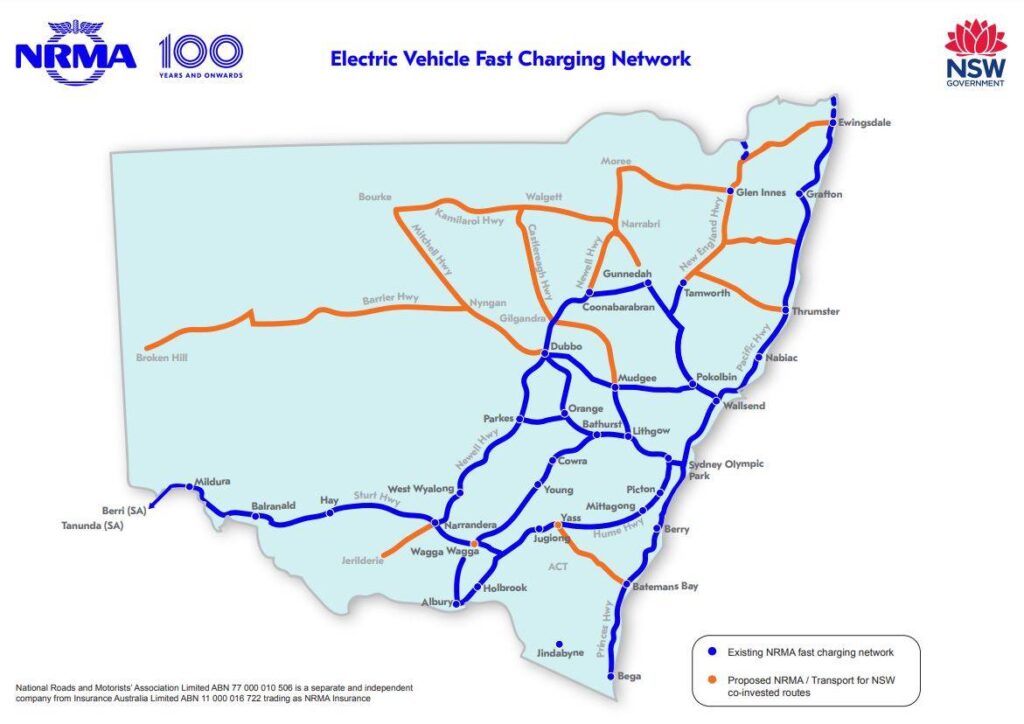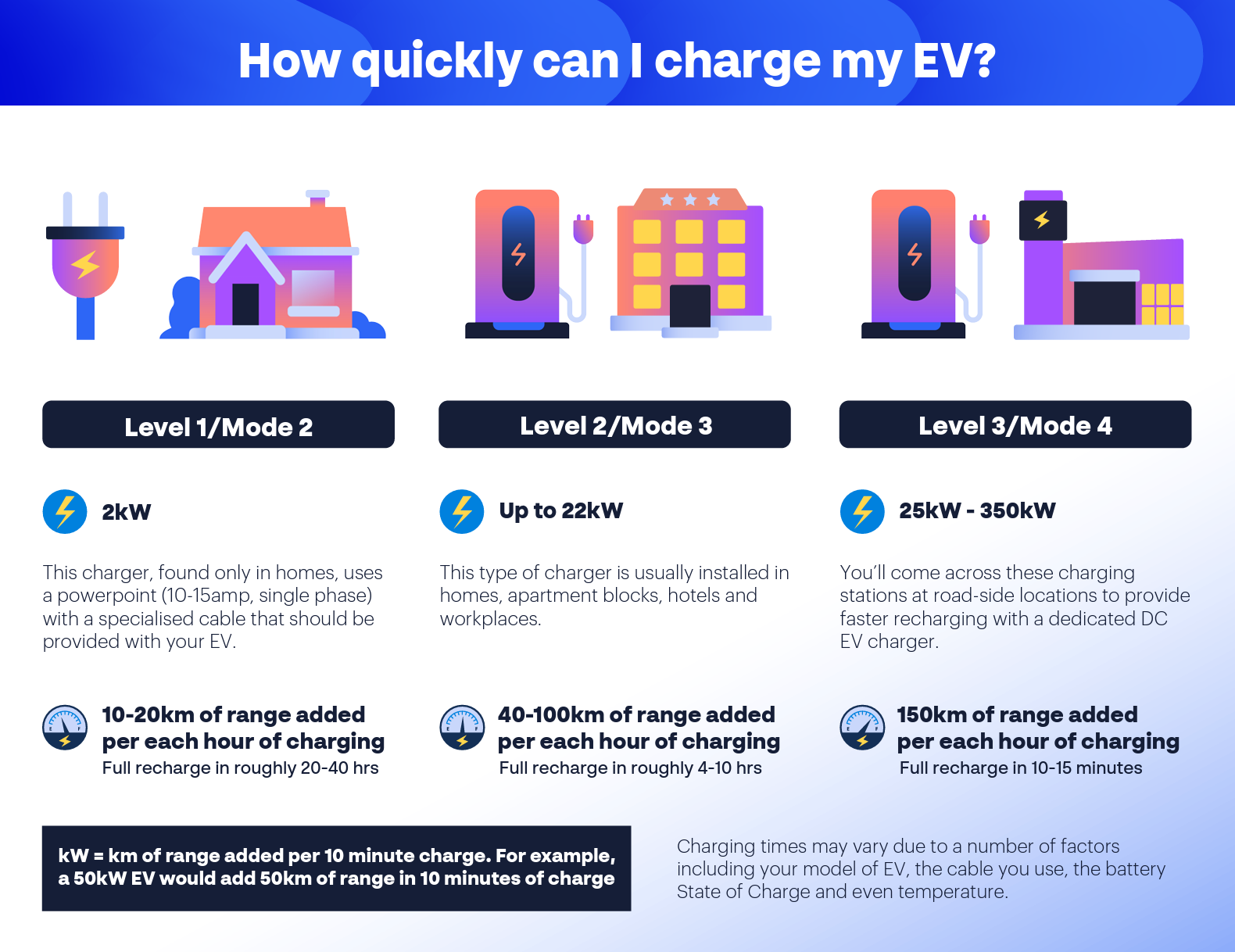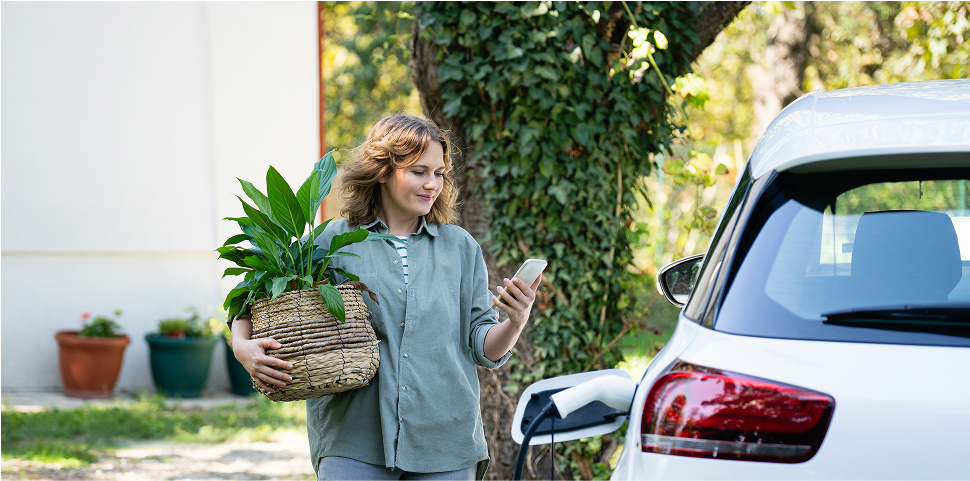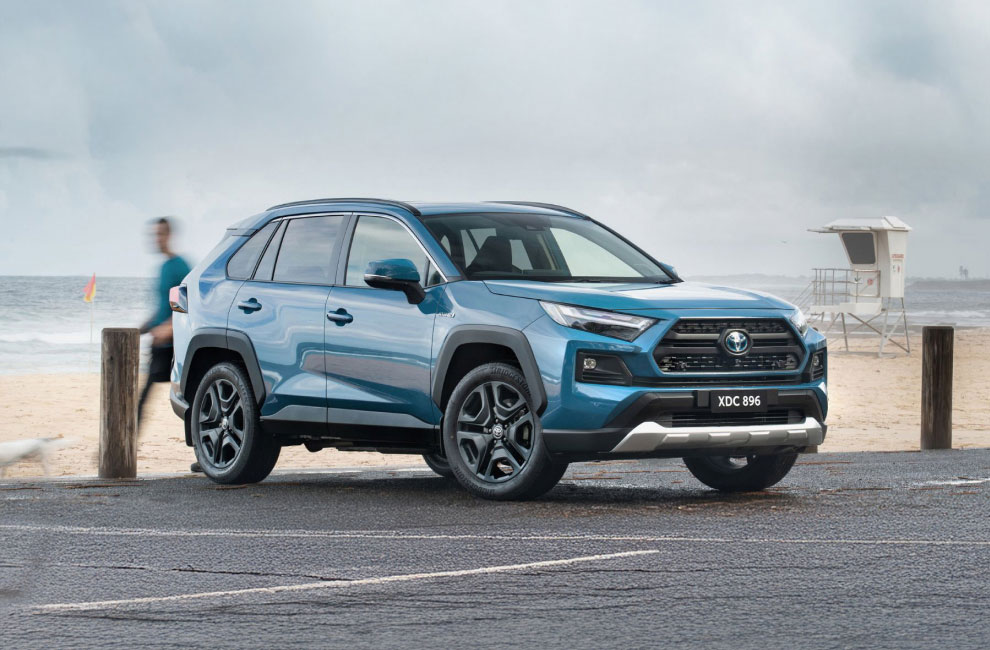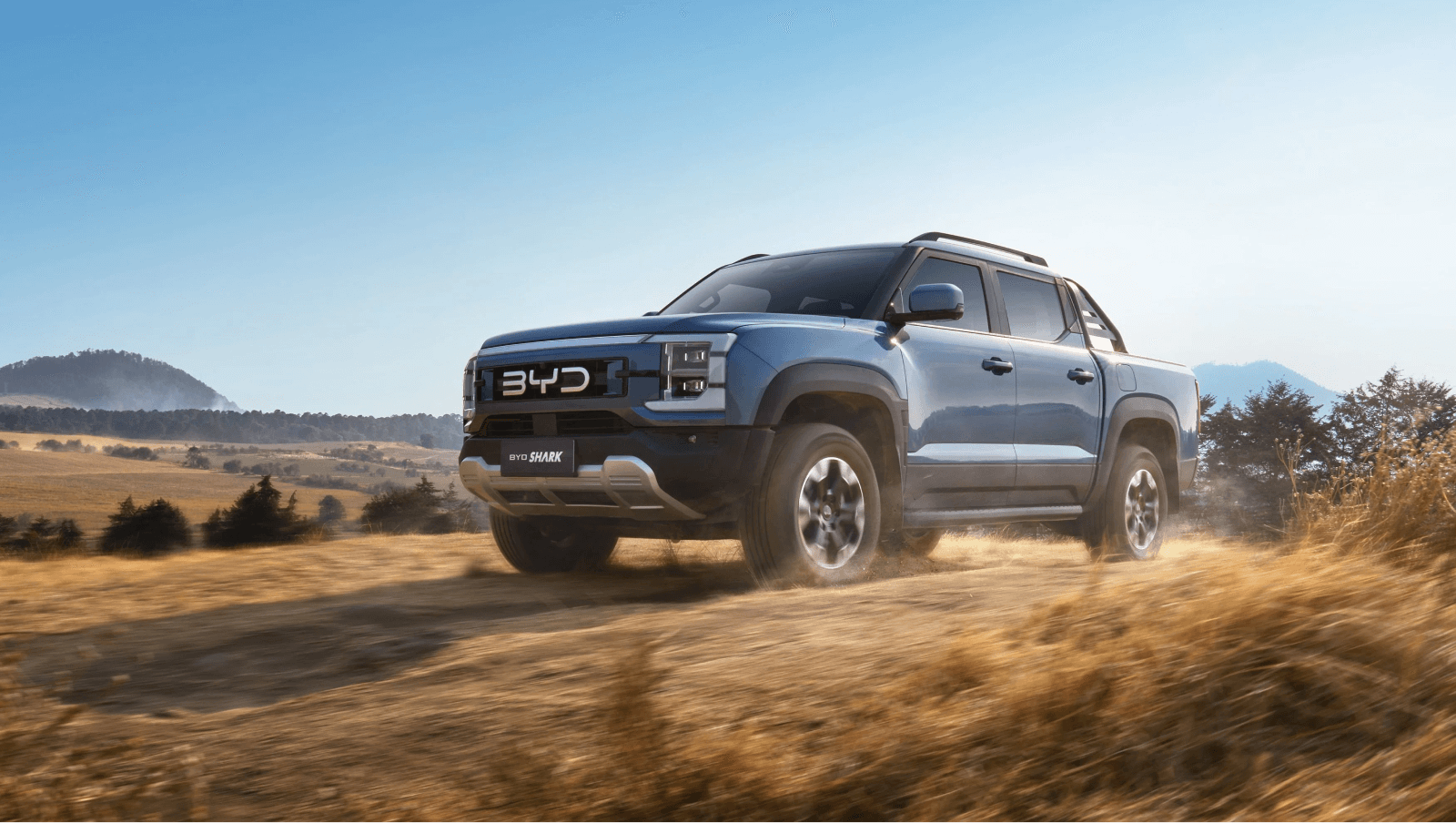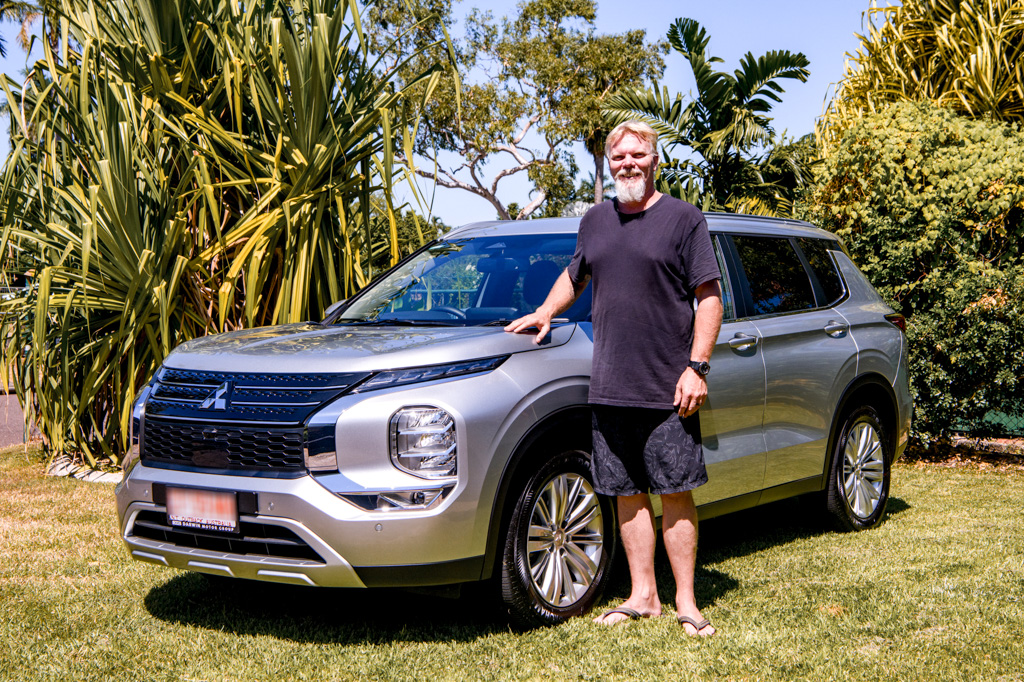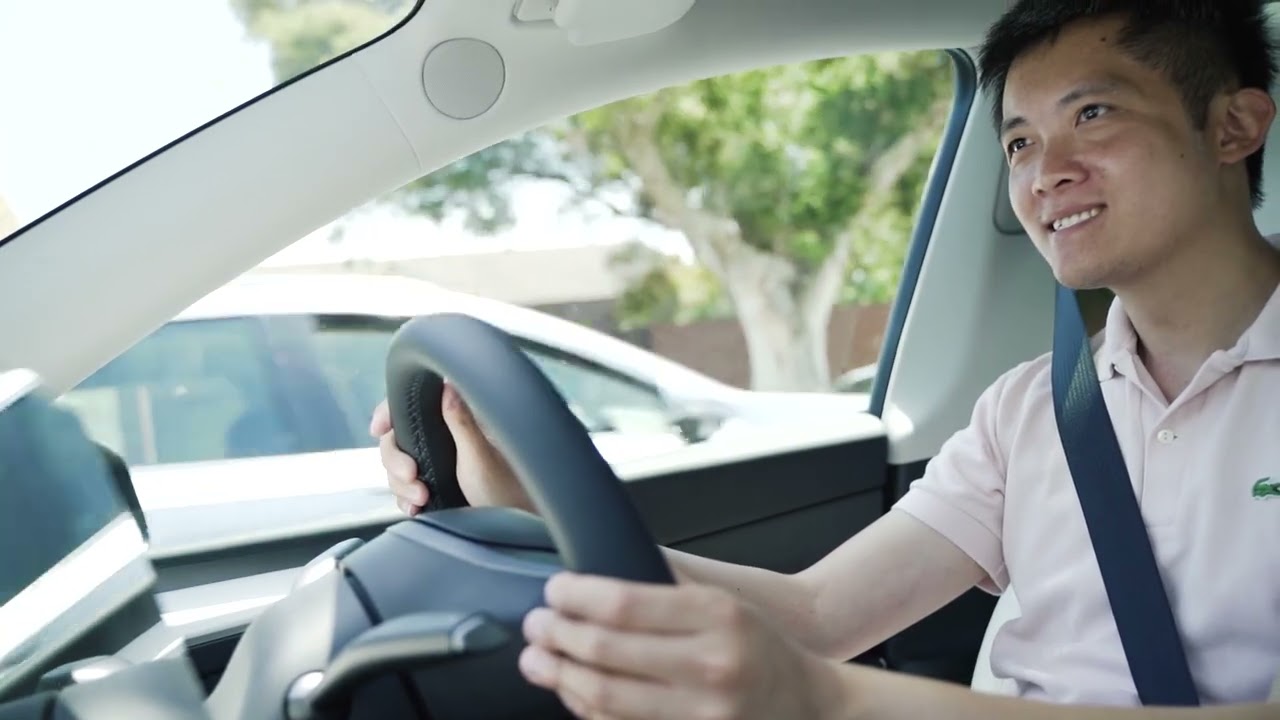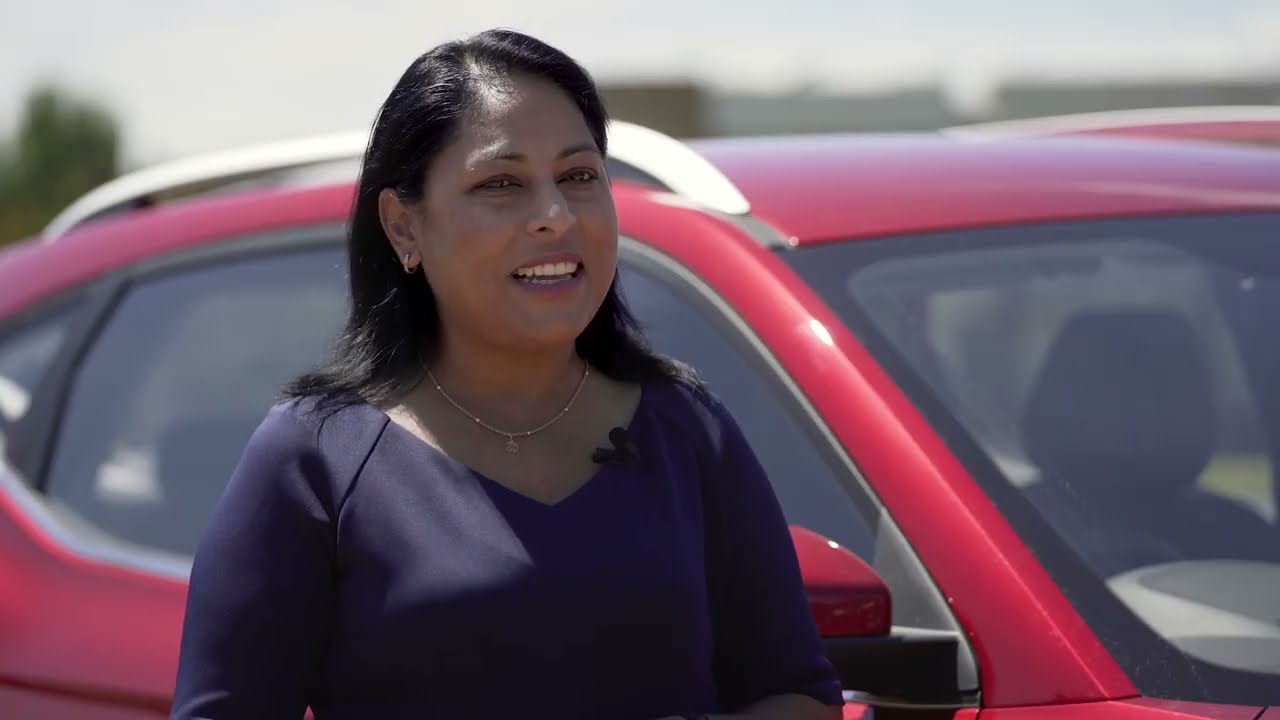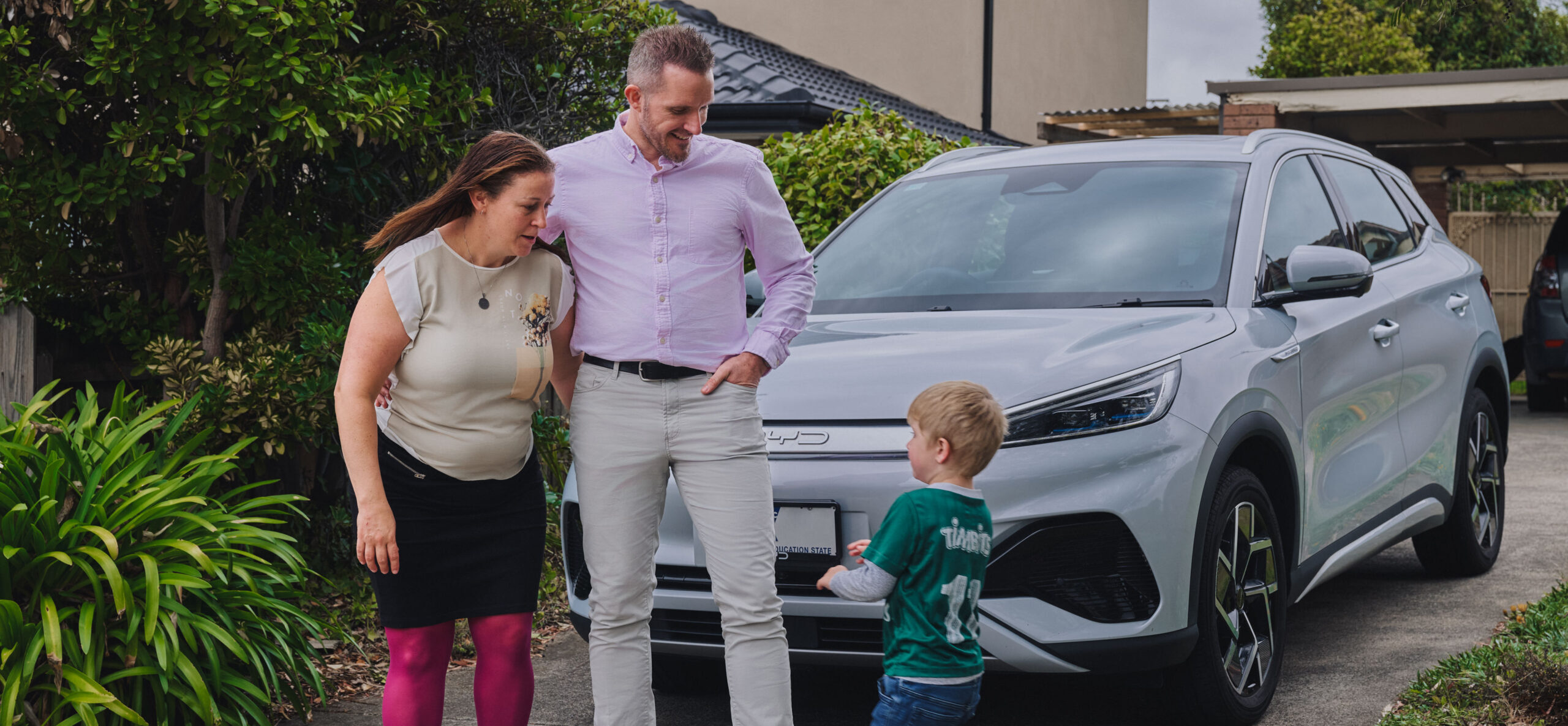
Solutions
Struggling with high employee turnover?
Elevate your talent attraction and retention with free employee benefits. Uncover a platform that effortlessly entices, engages, and retains your valuable staff.
Get a free demo
Customer stories
Flare customers at Healius have a retention rate of 98%
See how leading healthcare organisation Healius turned turnover into triumph with Flare.
Read Healius’ story
Resources
Take a deep dive into your industry’s data
Develop your business skills and HR expertise with the Flare Benefits Resource Hub. Get access to helpful tools, articles, guides, webinars, and other on-demand resources that can help your business attract, hire, and retain top talent.
Explore insights from our comprehensive survey of 1500+ Australian workers across a variety of industries, revealing the benefits that genuinely make an impact.
Contact & support
Contact the Flare team
Still haven't found what you're looking for? We're here to help.
Get in touch